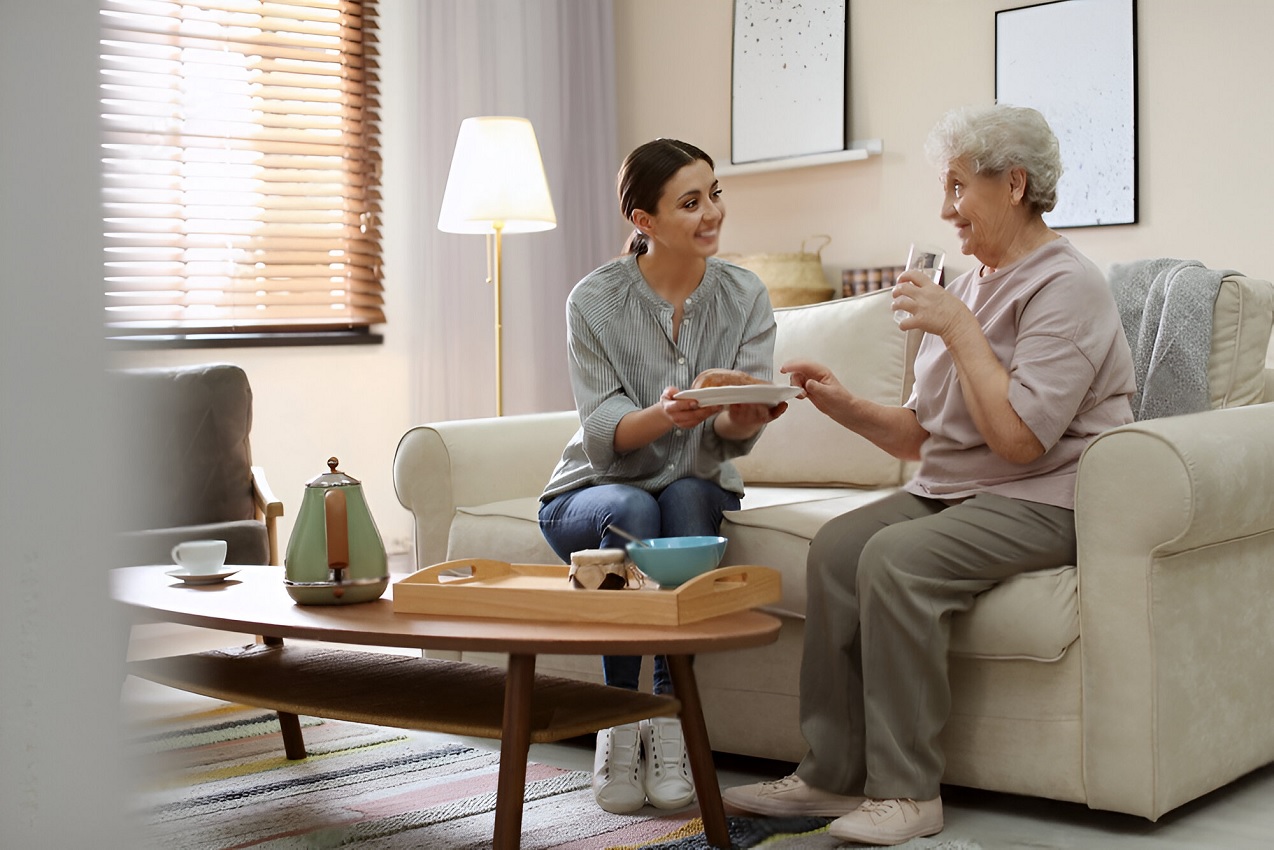When facing the decision of how best to care for a loved one, many families instinctively consider care homes. But increasingly, a more comforting and personalised option is rising in popularity — live-in care in Solihull. In fact, opting for live in care Solihull allows individuals to stay in the comfort of their own homes, surrounded by familiarity, memories, and dignity. In this article, we’ll explore seven compelling reasons why live-in care is not just an alternative, but a superior choice to care homes for many families in Solihull and beyond.
Key Takeaways
- Live-in care delivers personalised, one-on-one support—unlike care homes that split attention among many residents.
- Remaining at home promotes mental well-being, comfort, and autonomy.
- Care is flexible and adapts to changing medical or emotional needs.
- Cost transparency and tailored services often make live-in care more economical in the long run.
- Stronger relationships with caregivers promote trust, routine, and a sense of security.
1. Personalised One-to-One Support
Customised Daily Routines
Unlike care homes where routines are rigidly structured, live-in care offers completely customised daily schedules. Your loved one can rise, eat, bathe, and engage in activities when they choose. This autonomy nurtures both physical and emotional well-being.
Emotional Bond and Continuity
Having the same caregiver (or small team) ensures emotional connection and deeper understanding. These long-term relationships help reduce anxiety, especially in seniors with cognitive decline, while enabling consistent, high-quality care.
2. Comfort of Home Environment
Familiarity Enhances Well-being
Living at home means being surrounded by personal belongings, photos, furniture, and even pets. This is especially beneficial for people with dementia or Alzheimer’s, where familiarity helps reduce confusion and distress.
No Disruption to Lifestyle
With live-in care, seniors don’t have to leave their cherished neighbourhoods, GPs, local shops, or church groups. Daily life continues with minimal disruption, helping maintain a sense of normalcy.
3. Enhanced Independence
Maintaining Control of Daily Life
In a care home, residents often lose decision-making power. With live-in care, however, individuals maintain control over their routines, meals, social activities, and hobbies — empowering them to live with dignity.
Confidence and Dignity
When individuals feel in control, their confidence improves. Independence in small tasks, with the backup of professional assistance when needed, helps preserve self-worth and emotional resilience.
4. Dedicated, Consistent Caregivers
Reduced Staff Rotation
Care homes often suffer from high staff turnover, leading to a rotating cast of unfamiliar faces. Live-in care offers stability, often with just one or two carers involved regularly.
Higher Trust and Communication
A stable caregiver relationship fosters honest communication, early identification of issues, and a stronger emotional bond. Families also benefit from direct updates and feedback.
5. Flexible and Responsive Care
Tailored for Complex Needs
Whether it’s post-operative recovery, palliative care, or chronic conditions like Parkinson’s or MS, live-in care can be adjusted swiftly. Unlike care homes that rely on general procedures, live-in services are adapted on the fly.
Family Involvement in Care Decisions
Families remain closely involved and informed in all aspects of care. This collaborative approach ensures the client’s needs are prioritised while keeping loved ones engaged.
6. Better Health and Safety Monitoring
Proactive Wellness Checks
Live-in carers often notice subtle changes in mood, appetite, mobility, or skin condition early — before they become medical emergencies. This proactive approach leads to fewer hospital visits.
Infection Risk Reduction
Care homes, due to shared spaces, are vulnerable to outbreaks like COVID-19 or flu. With live-in care, the home is a controlled, safer environment with fewer exposure risks.
7. Cost-Effective and Value-Oriented
Transparent Pricing
Live-in care pricing is typically straightforward, based on the level of care required. There are no hidden facility fees, add-ons, or surprise rate hikes common in care homes.
Emotional and Financial ROI
When considering emotional peace of mind, preserved dignity, and higher satisfaction levels, live-in care often delivers better value — financially and emotionally.
According to a study by the Live-in Care Hub, individuals receiving live-in care report significantly higher satisfaction rates compared to those in residential settings.
Live-in care in Solihull offers a compassionate, dignified, and deeply personalised alternative to care homes. It empowers seniors to remain in familiar surroundings, nurtures their independence, and often results in better emotional and physical outcomes.
While care homes might still suit some individuals, the tailored, flexible nature of live-in care makes it a powerful solution for families seeking the best for their loved ones.
If you’re considering this option, explore live in care Solihull for professional, compassionate support that feels like family.
Is live-in care suitable for people with dementia?
Yes, it’s often the preferred choice. The familiarity of home helps reduces confusion, and a consistent caregiver can build a trusting relationship that supports emotional and cognitive stability.
How quickly can live-in care in Solihull be arranged?
Most services can begin within 24 to 72 hours after an initial assessment, depending on urgency and specific care needs.
What qualifications do live-in carers have?
Reputable providers ensure their carers are trained in elderly care, dementia support, first aid, medication management, and often hold NVQ certifications or equivalent. Background checks and DBS clearance are standard.
